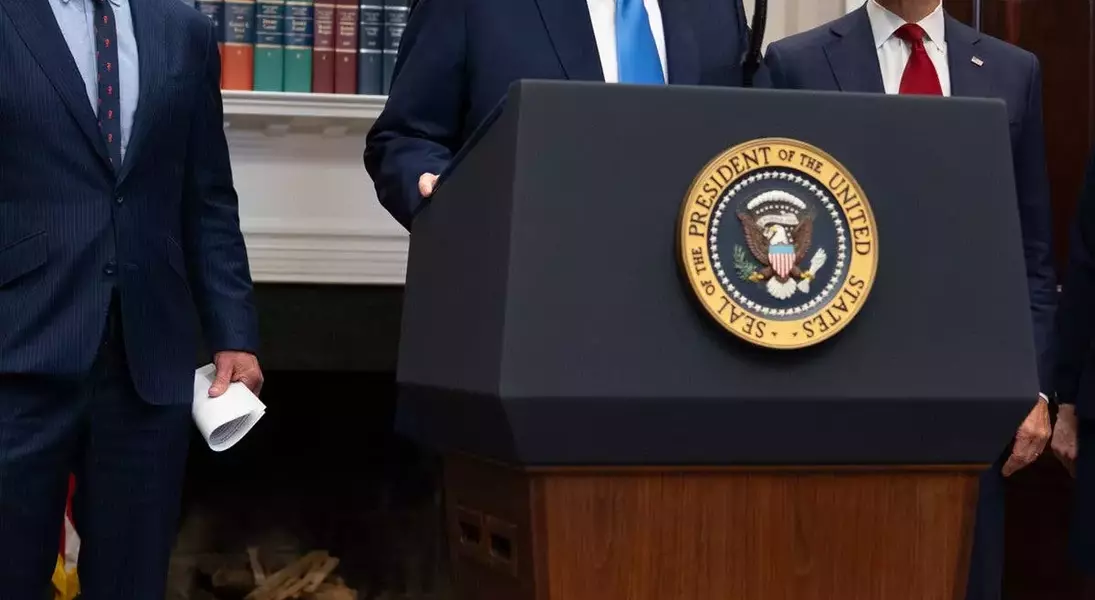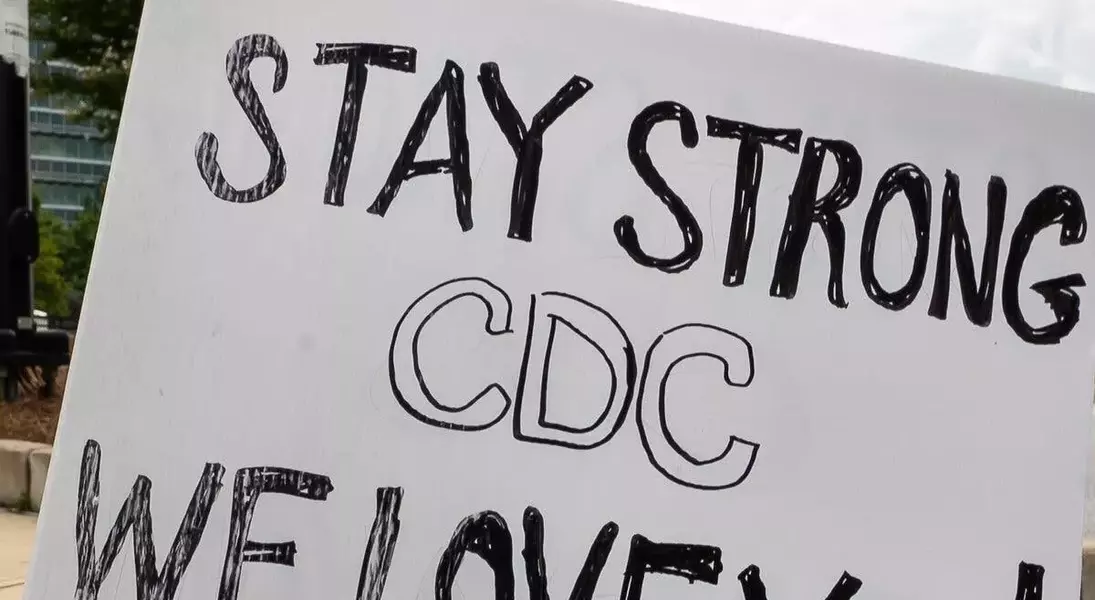







The American healthcare system is a complex and constantly evolving domain, frequently becoming a central point of political discussion and public interest. Recent events have brought various aspects of health care into sharp focus, from debates over the affordability of fertility treatments to contentious claims regarding common medications and the influence of political figures on public health narratives. These discussions underscore the intricate relationship between medical science, policy-making, and public trust, revealing how different stakeholders navigate challenges and opportunities within the sector.
A notable topic in recent political discourse has been the accessibility and cost of In Vitro Fertilization (IVF). Political figures have initiated proposals aimed at making these treatments more affordable, recognizing the financial burden many families face when pursuing assisted reproductive technologies. This move reflects a growing awareness of fertility issues and the desire to support individuals and couples in their family-building journeys, potentially opening avenues for broader policy changes that could impact reproductive healthcare access nationwide.
Conversely, the public health sphere has also grappled with the spread of unverified information. One instance involved a prominent political figure promoting unproven connections between Tylenol use and autism. Such pronouncements can have significant implications, potentially sowing doubt and confusion among the public regarding established medical science and recommended health practices. This highlights the ongoing challenge of combating misinformation and ensuring that health decisions are based on credible, scientific evidence.
Furthermore, internal dynamics within key health organizations have attracted attention. The Centers for Disease Control and Prevention (CDC), for example, saw its employees organize a 'clap-out' in response to the resignation of top officials. This gesture, while seemingly simple, can signal underlying sentiments or shifts within the institution, affecting morale and potentially influencing future public health initiatives. Understanding these internal reactions provides a glimpse into the operational and human elements of large-scale health agencies.
Discussions around vaccine opinions also remain a significant part of the healthcare dialogue. Statements from political figures, such as one asserting that their personal vaccine opinions are 'irrelevant,' illustrate the delicate balance between personal beliefs, public health responsibilities, and political positioning. The impact of such statements on public confidence in immunization programs and broader public health strategies is a continuous concern for health professionals and policymakers alike.
The broader implications of these political and public health discussions extend to how society perceives and engages with medical advice and policy. From the financial practicalities of medical treatments like IVF to the critical importance of accurate health information and the internal workings of health institutions, each event contributes to the mosaic of America's healthcare narrative. These topics collectively illuminate the ongoing efforts to shape a more equitable, informed, and robust healthcare system for all citizens.
